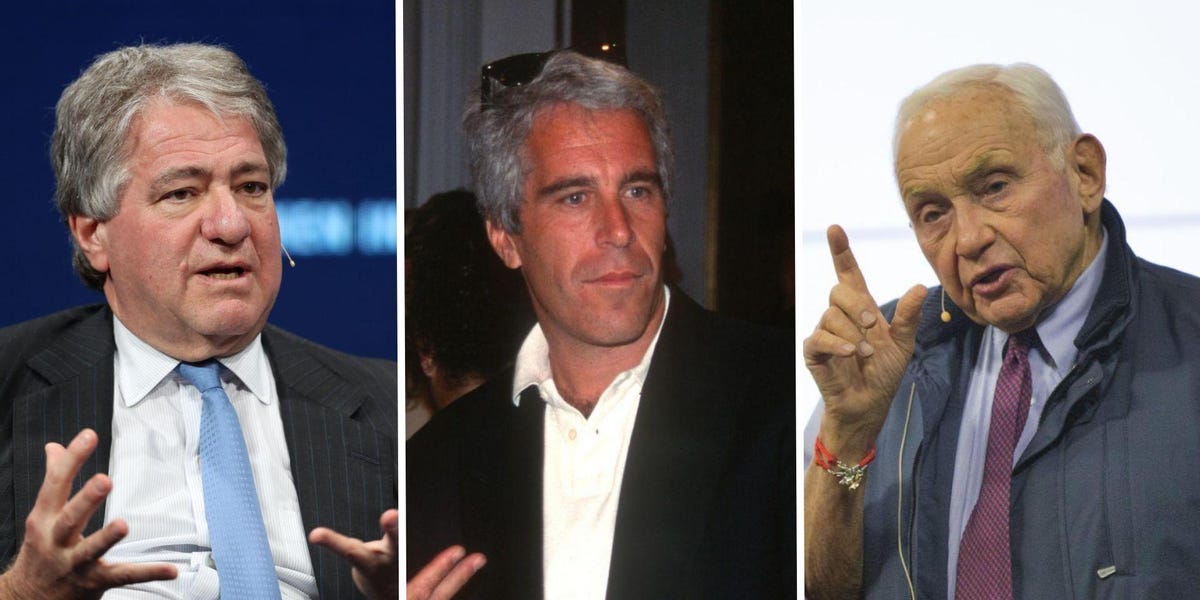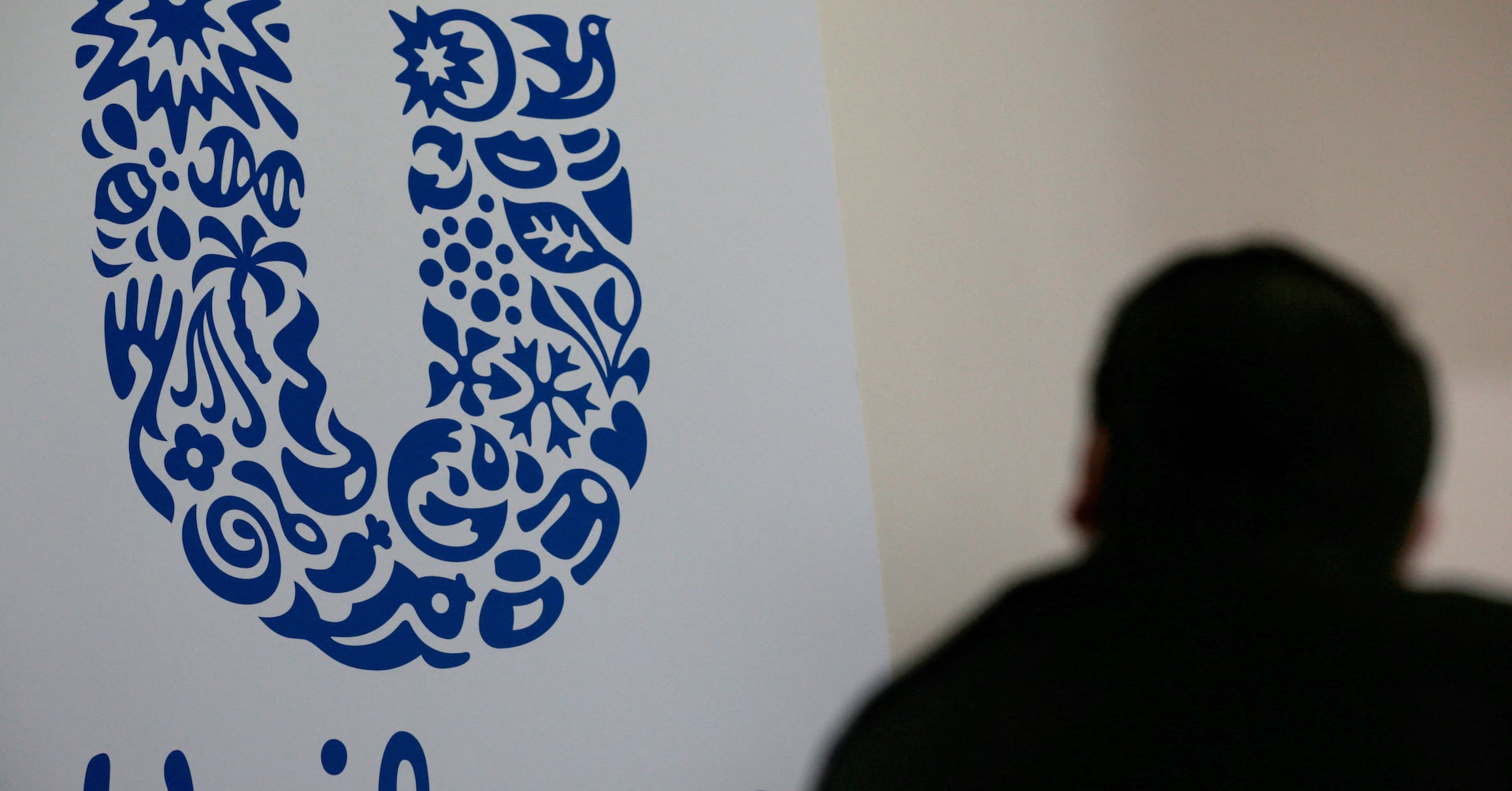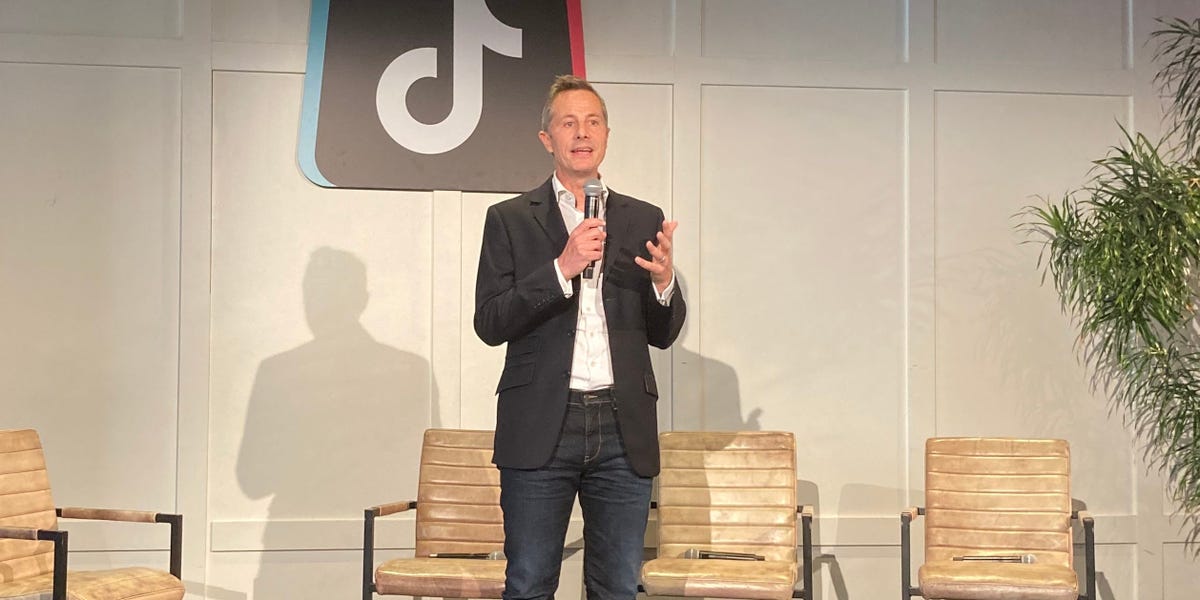Titans of Industry: The Shocking Birthday Messages Epstein Collected from Business Elites

In a revealing glimpse into the private communications of high-profile business figures, recent reports have uncovered some unusual and inappropriate personal exchanges. Leon Black, a prominent private equity investor, reportedly composed a poem with a surprisingly intimate signature of "love and kisses." Meanwhile, Les Wexner, the founder of L Brands, was noted for sketching a provocative doodle depicting a woman's anatomy. Adding to the scandalous revelations, an unnamed tech executive allegedly shared unsolicited and graphic images of animal interactions.
These incidents highlight potential lapses in professional conduct and raise questions about workplace boundaries and personal communication standards among influential business leaders. The disclosures underscore the importance of maintaining professional decorum and respect in professional settings.








